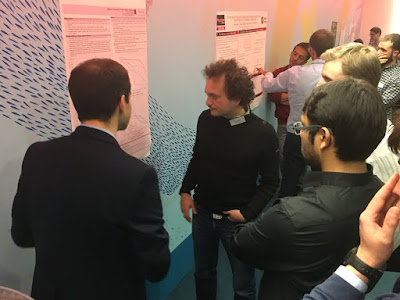To help in this effort, the paper
Wilfried Elmenreich, Philipp Moll, Sebastian Theuermann, and Mathias Lux. Making simulation results reproducible - Survey, guidelines, and examples based on Gradle and Docker. PeerJ Computer Science, 5(e240):1–27, Dezember 2019. (doi:10.7717/peerj-cs.240)
gives a good overview of which tools are suitable to provide your code in a useful way. It is also a paper that shares its code.
If you want to prepare datasets well, have a look at this paper, which provides a useful set of checks to be considered for electricity consumption datasets.
Christoph Klemenjak, Andreas Reinhardt, Lucas Pereira, Mario Berges, Stephen Makonin, and Wilfried Elmenreich. Electricity consumption data sets: Pitfalls and opportunities. In BuildSys ’19: The 6th ACM International Conference on Systems for Energy-Efficient Buildings, Cities, and Transportation, pages 1–4. ACM New York, November 2019. (doi:10.1145/3360322.3360867)
Last but not least I would like to draw your attention to an excellent list of "Papers with Code", compiled by researcher Christoph Klemenjak:
On
this page a list of papers targeting the field of load disaggregation
can be accessed. And the name of the page does not lie - all of
them come with code that can be freely accessed.
Happy researching!


